Ghost Story is a 1981 American horror film based on the book of the same name by Peter Straub. It is directed by John Irvin and it stars Fred Astaire, Melvyn Douglas, Douglas Fairbanks Jr., John Houseman and Craig Wasson (in a dual role). It was the last film to feature Astaire, Fairbanks, and Douglas, and the first film to feature Michael O'Neill.

The plot is taken from the novel of the same name by Straub.
A group of elderly gentlemen in their New England hometown have formed a group called "The Chowder Society". Together, they spend their evenings telling ghost stories to one another. However, they begin to experience an actual ghost who wants revenge. The members of the group start dying in mysterious ways, as does the son of one member, who falls to his death after seeing his new bride's face as she really is. His brother attempts to prevent any more deaths. As the story progresses, the audience learns more about the mysterious woman and her relationship with The Chowder Society members.

Fred Astaire, Douglas Fairbanks, Jr., John Houseman, Melvyn Douglas in the same picture! And then there is Alice Krige, the iron hand in a velvet glove. Four of Hollywood's greats sharing time and space with a more recent and incredibly worthy addition to its hallowed halls. It is a shame, though, that in translating Peter Straub's horror novel to the screen, more couldn't have been done to artfully render the proceedings into a true screamfest, instead of the regular millieu that frequently fails to pass muster in films of this sort.
Fred Astaire fares the best of the quartet, with the always marvelous Melvyn Douglas bringing up a very close second. Astaire's Ricky is sublime and Douglas's Dr. Jaffrey is consummate in its execution. Craig Wasson did nothing to make this reviewer want to see him survive, and it is the one piece of miscasting that flaws the film. Patricia Neal as Astaire's wife, Stella, is always enjoyable to see in anything she does, but in this instance, she was rather forgettable in a role that seemed somehow beneath her vast talents. Sadly, Douglas Fairbanks, Jr. makes a very early exit, and in the fashion of Agatha Christie's, Ten Little Indians, we are left to wonder just who or what will be next.

The cinematography by the great British cameraman, Jack Cardiff, is superb and evokes a sense of subtle frightfulness and suspense, and his melding of shades of colour; dark for evil secrets and the bright light of white snow to counter an offensive are masterfully conveyed. The musical score by prolific Philippe Sarde is amply representational and evocative and was slightly reminiscent in ways of the work of Bernard Herrman's Farenheit 451.



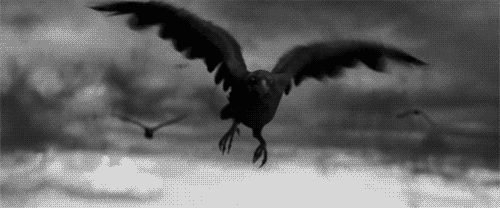
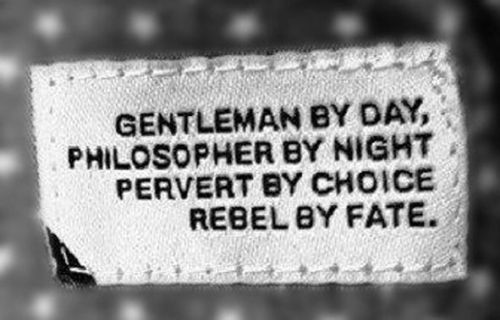



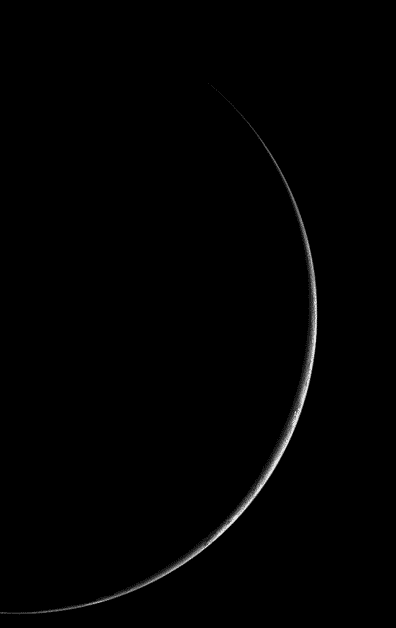








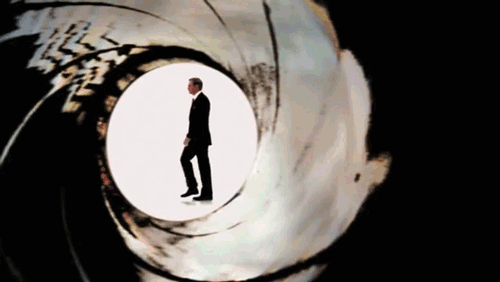


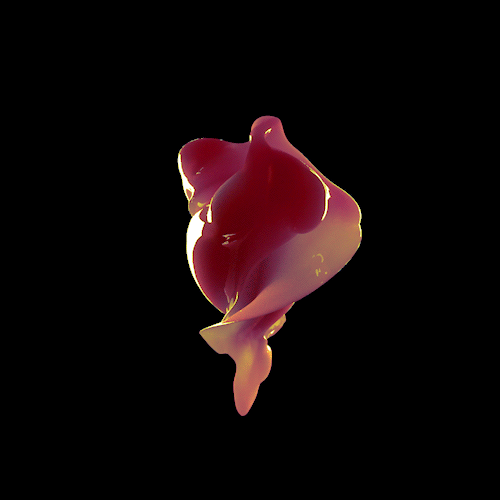


No comments:
Post a Comment